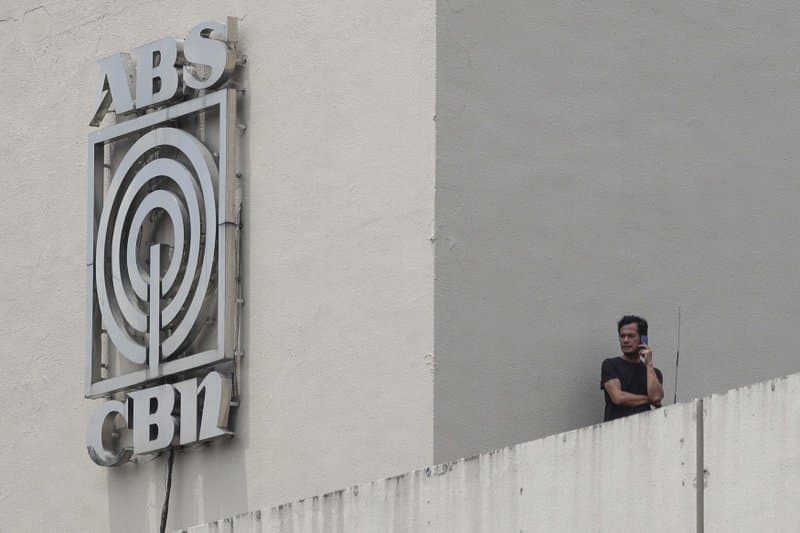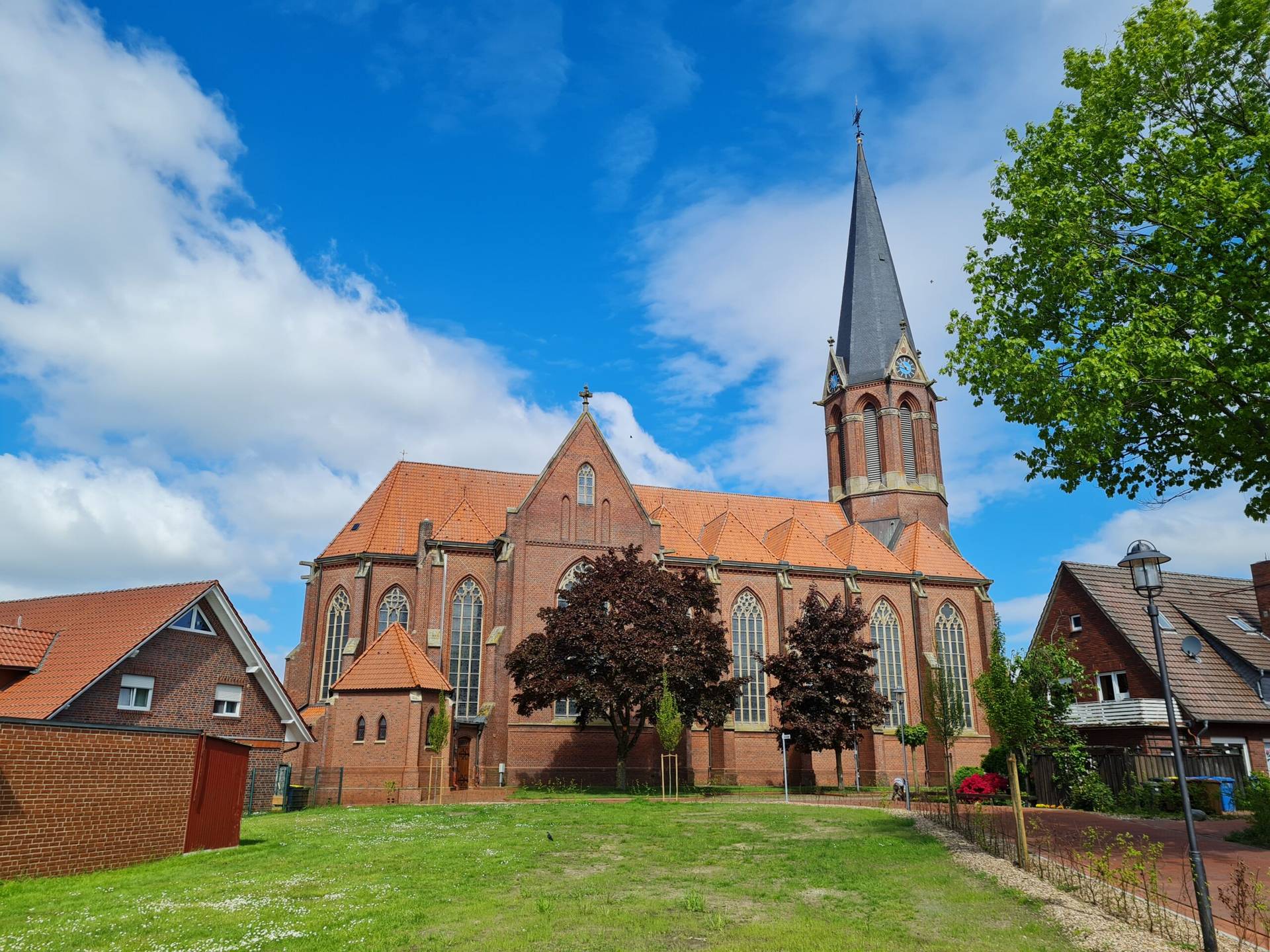By taking the nation’s the largest broadcaster of the air, the government of the Philippines is sending a “chilling message” on press freedom, according to one Philippine bishop.
ABS-CBN Corp. went off the air on May 5, after its franchise expired. The bills for its renewal had been languishing in Congress for four years.
Human rights activists not that the network was the strongest independent voice willing to stand up to populist President Rodrigo Duterte.
Bishop Gerardo Alminaza of San Carlos told Crux people “fear of what will happen next” to freedom of the press in the country, adding that “freedom of information and of speech are threatened.”
He said that the move sent a “chilling message that news and information outlets should toe the line of the current administration or they would suffer the same fate.”
Alminaza also condemned the timing of the closure, since ABS-CBN was one of the primary ways in which the people of the country was receiving information about the ongoing COVID-19 coronavirus pandemic.
The Philippines has had 10,463 confirmed cases of the new coronavirus, with 696 recorded deaths, although the actual numbers are believed to be far higher. The country has been under lockdown since March 8.
“As one of our country’s major source of information, considered the largest and no. 1 network since 2019 and oldest station since 1946 with its other subsidiaries in social media, ABS-CBN has played an important role in informing and forming our people especially on health issues,” the bishop told Crux.
He added that the whole company, through its charitable foundation, is also “at the forefront in responding to every emergency situation in the country.”
Alminaza isn’t alone in his concerns.
“These days our people truly need more than ever broadcast services that would bring them the much-needed information in this time of crisis,” Archbishop Romulo G. Valles of Davao, the president of the nation’s bishops’ conference, said in a statement after the ABS-CBN closure.
“My first thought in the currently much talked-about closure of ABS-CBN is our people – our people who are in these extremely difficult and trying times because of the coronavirus pandemic,” Valles said.
“Because of the closure of this broadcast station, our people have lost one of our country’s major sources of information which is crucial to our people in this present situation. If I may add, they also have lost a source of entertainment and diversion during these days of confinement in their homes for more than two months already due to the lockdown measures,” he continued.
Valles called on the government and Congress to “work together to resolve the issue” so that the network can return to the airwaves as soon as possible “to the benefit of our people who really need as many as possible sources of good and reliable information in this time of suffering and distress.”
Since coming to power in 2016, Duterte has often clashed with the country’s Catholic bishops and human rights activists over his violent drug war, where over 6,000 are estimated to have been killed.
In addition, the president has often attacked the bishops – collectively and individually – in his speeches, and promised to introduce policies opposed by the Church, including providing greater access contraception and reintroducing the death penalty.
He has often dismissed the concerns about the rule of law, often promising security forces that he would protect them if they used excessive force. Most recently, he told the police to “shoot to kill” people who violated the coronavirus lockdown.
Alminaza said the shutdown ABS-CBN showed that no reporter is safe from Duterte, who once said journalists “should not be exempted from assassination.”
“If this could happen to a big media company, what protection would smaller media outlets have?” the bishop asked.
“This is only in addition to other recent happenings in the country like what happened to Rappler’s CEO, Maria Ressa, and the killings of journalists: 83 from 1992-2020. A radio broadcaster in Dumaguete City was gunned down same night ABS-CBN was shutdown. Another recent incident was the arrest and jailing of the Iloilo 42,” he told Crux.
Rappler, a popular online news service, has been highly critical of Duterte. Ressa was arrested in 2019 and charged with “cyber libel.” Her treatment was condemned by the National Union of Journalists of the Philippines.
Cornelio Pepino, popularly known as “Rex Cornelio,” was shot on a highway in Dumaguete City. He was known for his hard-hitting reports exposing corruption. The “Iloilo 42” are a group of journalists covering a “protest caravan” calling attention to the murder of an opposition politician; they were arrested on May 1.
However, the bishop said the latest attack on the media will “elicit more support and sympathy from many sectors for ABS-CBN” and “raise or even heighten greater awareness among people of the inherent and long standing weakness / problems in our socio-economic-political systems.”
He added it will “galvanize mass support, solidify opposition, increase discontent, stress, insecurities [and] offer opportunity and platform for socio-political education and to raise social awareness.”
The president’s office insists that Duterte is “neutral” on the ABS-CBN license issue, and “he will leave the matter to the wisdom of our honorable ladies and gentlemen of both chambers of Congress.”
Meanwhile, Alminaza said the staff of ABS-CBN are dealing with what happened in different ways.
“There were obviously mixed emotions and reactions: Shock for it was unexpected, sadness, anger, fear, uncertainty; but I sense most remain hopeful, determined, committed to continue serving and pursue the legal battle while maintaining their professionalism,” the bishop told Crux.
Follow Charles Collins on Twitter: @CharlesinRome















